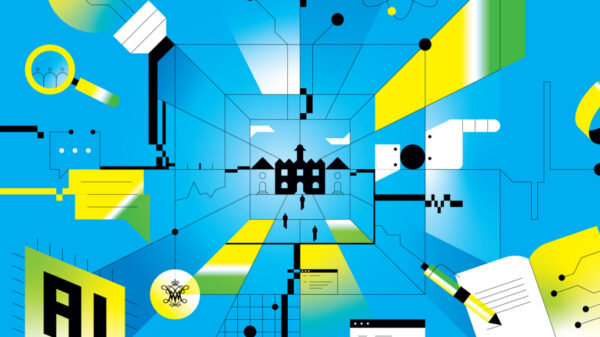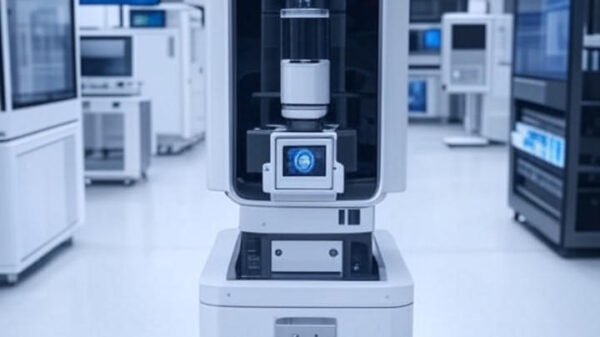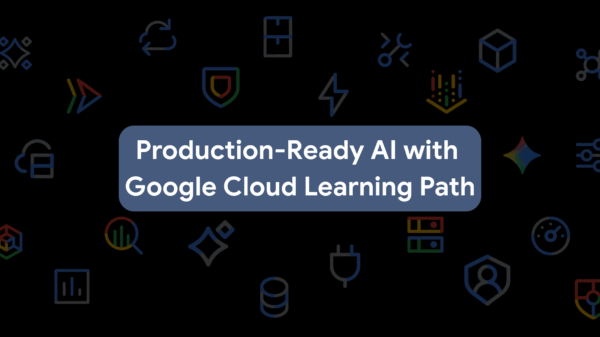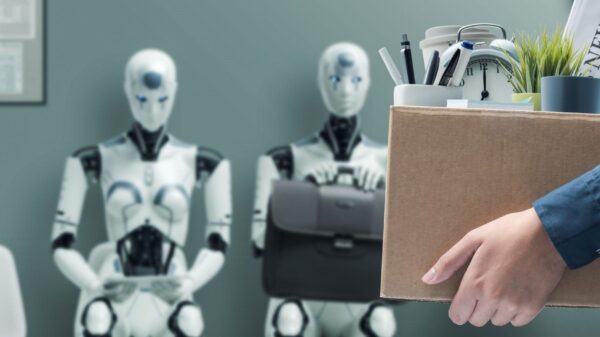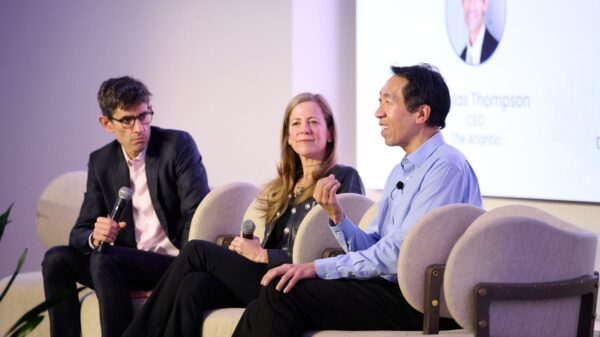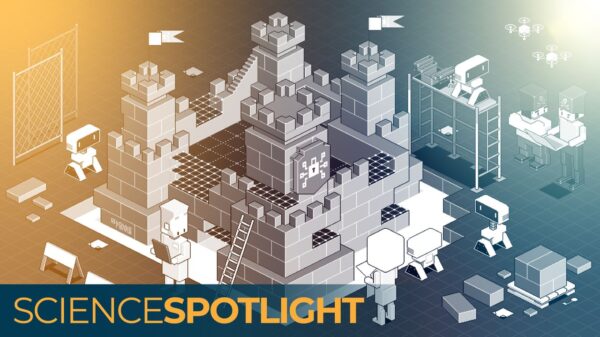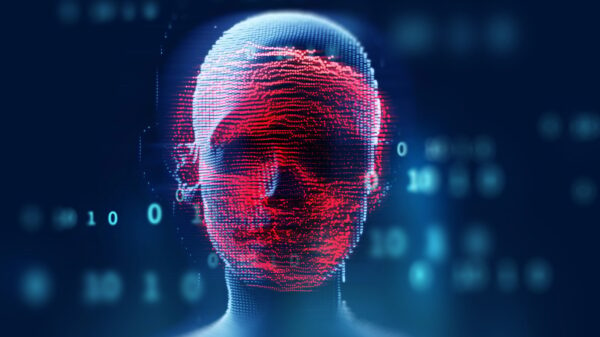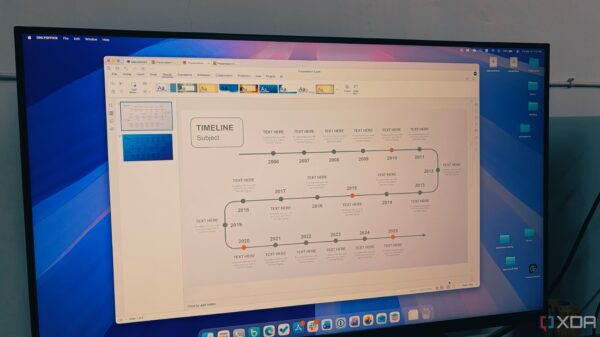TOPEKA, KAN. – In a troubling case highlighting the misuse of artificial intelligence (AI), a Kansas man has been sentenced to 25 years in prison for multiple counts of child pornography. Jeremy Weber, 47, from Topeka, was convicted on five counts of transportation of child sexual abuse material (CSAM) and one count of possession of CSAM, as announced by the United States Attorney’s office.
According to court documents, Weber engaged in a disturbing practice involving the manipulation of images using a publicly accessible AI platform. He uploaded photographs of women and children he knew, merging these images to create hundreds of new depictions of CSAM. Notably, Weber also uploaded previously trafficked CSAM, morphing these images with the faces of both adults and minors to generate realistic-looking yet fictitious representations of sexual abuse.
The investigation revealed that approximately 32 women were victimized through this heinous activity. Furthermore, Weber exploited the same AI tools to produce unsolicited adult pornographic images of 50 to 60 women, further underscoring the potential dangers of AI technology when wielded by malicious actors.
Law enforcement first became aware of Weber’s activities after an IT professional noticed suspicious behavior on his computer and promptly reported it to local authorities. This tip led to a search warrant for Weber’s residence, where investigators found an encrypted hard drive containing a folder intriguingly labeled “AI Swap.” Inside, they discovered a plethora of files meticulously organized into folders named after women. Each folder contained anywhere from a few to hundreds of newly created sexually explicit images.
See also China Lifts Export Ban on Rare Earths to U.S.; Microsoft and Google Invest $16.4B in AI Data Centers
China Lifts Export Ban on Rare Earths to U.S.; Microsoft and Google Invest $16.4B in AI Data CentersThe Dark Side of AI Technology
U.S. Attorney Ryan A. Kriegshauser commented on the implications of this case, stating, “While it is still an emerging technology, I believe there can be many wonderful and beneficial aspects of artificial intelligence, but there is also a dark side. Unfortunately, child predators are using AI for twisted and perverse activities.” He emphasized the vulnerability of individuals to such violations, even when the generated images are “fake.” “The harm he inflicted on the victims and the consequences were very real,” Kriegshauser added.
This case raises significant questions about the ethical use of AI technology and its regulatory landscape. As AI continues to evolve, the potential for misuse becomes increasingly concerning. The implications are profound, as AI can facilitate not only creative innovations but also enable the perpetuation of deep-seated societal issues, such as child exploitation and privacy violations.
As AI tools become more accessible, it is crucial for both developers and users to understand the ethical responsibilities that accompany their use. The technology can indeed serve positive roles in various fields, from healthcare to education, but it can also be exploited by individuals with malicious intentions. The Weber case is a stark reminder of the urgent need for stringent regulations and responsible usage of AI technologies to prevent similar incidents in the future.
In conclusion, while the potential of AI is vast and can bring about transformative changes, its darker applications demand serious attention and action from both the tech community and policymakers. The responsibility lies in ensuring that these technologies are employed for ethical and constructive purposes, safeguarding vulnerable individuals from exploitation.




